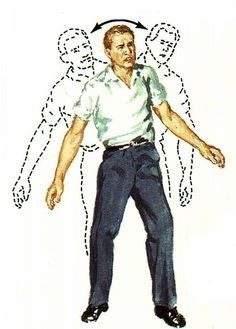Spinocerebellar ataxias constitute a heterogeneous group of neurodegenerative disorders (more than 15 types) with typical symptoms frequently resembling one another. They are all inherited in an autosomal dominant manner and affected individuals generally have difficulties in controlling body movements, gait ataxia and other neurological abnormalities. Due to the similarities between the manifested symptoms, clinical diagnosis of each specific SCA type is difficult and can only be confirmed through molecular genetic testing. In almost all different types of SCA, the pathological mutation is an expansion of a CAG triplet repeat within the respective gene.
Spino-cerebellar ataxias (SCA 1, 2, 3, 6, 7, 8, 10, 12 17, DRPLA)

NOTE: Our laboratory participates with great success in the external quality assessment scheme organized by the European Molecular Genetics Quality Network (EMQN), which is periodically applied for Spinocerebellar Ataxias (SCA).
A specially designed multiplex polymerase chain reaction (PCR) is applied, coupled to a triplet-repeat PCR (TR-PCR), for types: SCA1, SCA2, SCA3, SCA6, SCA7, SCA8, SCA10, SCA12, SCA17, DRPLA. For all prenatal molecular genetic testing, we perform analysis of polymorphic STR markers from a maternal blood sample and the fetal sample, in order to exclude any possible maternal cell contamination. Thus, for prenatal diagnosis, 1-2ml of a maternal blood sample should always accompany the fetal sample (amniotic fluid or CVS).